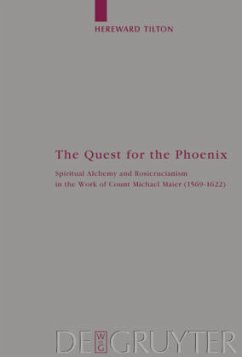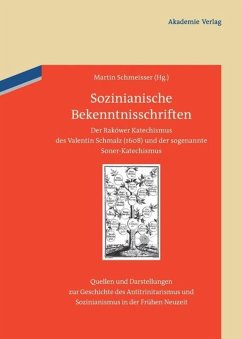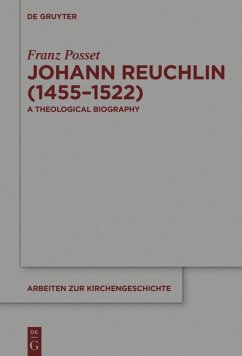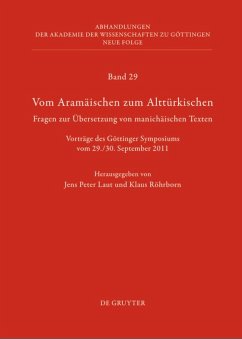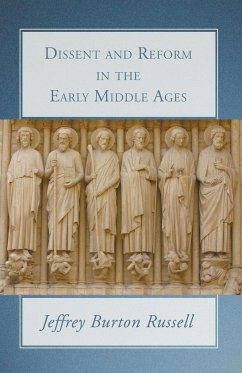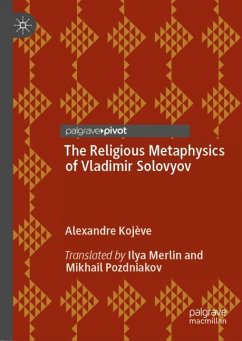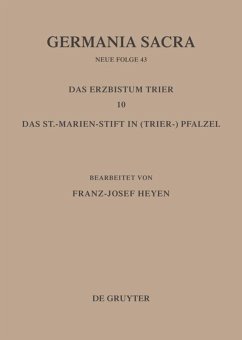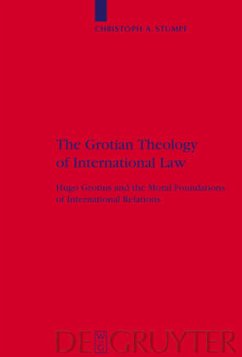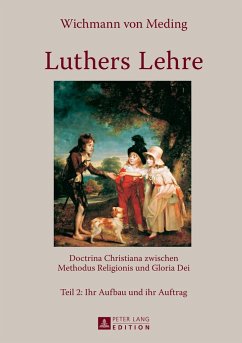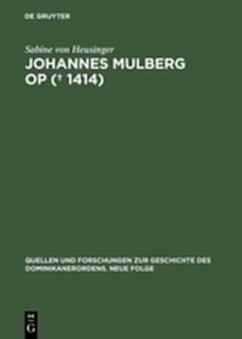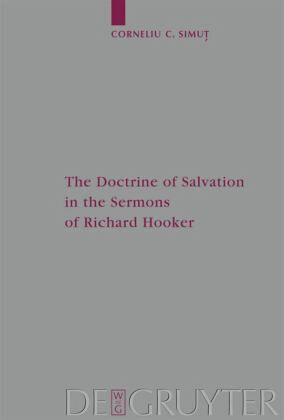
The Doctrine of Salvation in the Sermons of Richard Hooker

PAYBACK Punkte
55 °P sammeln!
This specialist work in historical theology deals with the doctrine of salvation in the early theology of Richard Hooker (1554-1600) from the perspective of the concept of faith and with Hooker's connections to the early English Reformers (W. Tyndale, J. Frith, R. Barnes, T. Cranmer, J. Bradford and J. Foxe) in crucial teachings such as justification, sanctification, glorification, election, reprobation, the sovereignty of God, and salvation of Catholics. The study proves that Hooker's theology is firstly Protestant (to counter the views which picture it as Catholic) and secondly Calvinist.
Die theologiegeschichtlich orientierte Arbeit untersucht die Erlösungslehre der frühen Theologie von Richard Hooker (1554-1600) unter dem Aspekt seines Glaubenskonzeptes und Anschlusses an die frühen englischen Reformatoren (W. Tyndale, J. Frith, R. Barnes, T. Cranmer, J. Bradford und J. Foxe) in Schlüsselthemen wie Rechtfertigung, Heiligung, Lobpreis, Erwählung, Verwerfung, Souveränität Gottes und Erlösung von Katholiken. Es wird gezeigt, dass Hookers Theologie in erster Linie als protestantische (dies gegen Versuche, sie als katholisch zu bezeichnen) und näherhin als calvinistische zu bestimmen ist.




